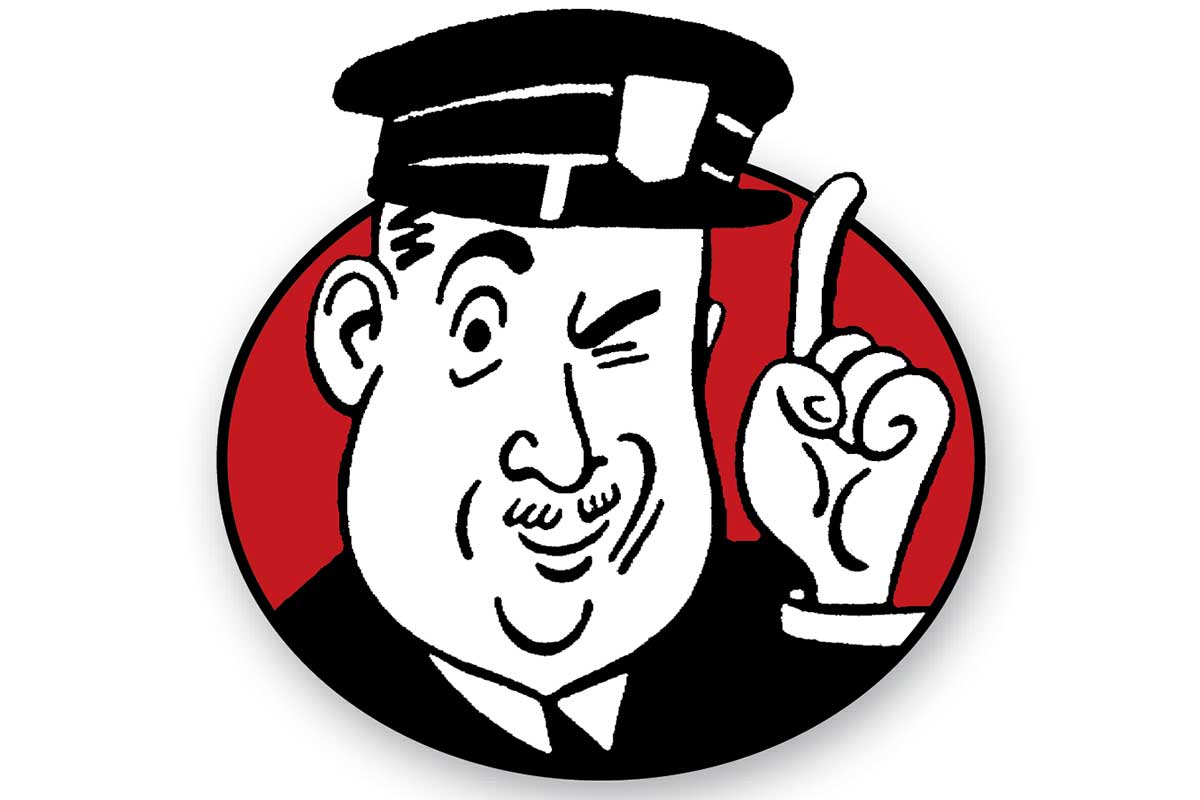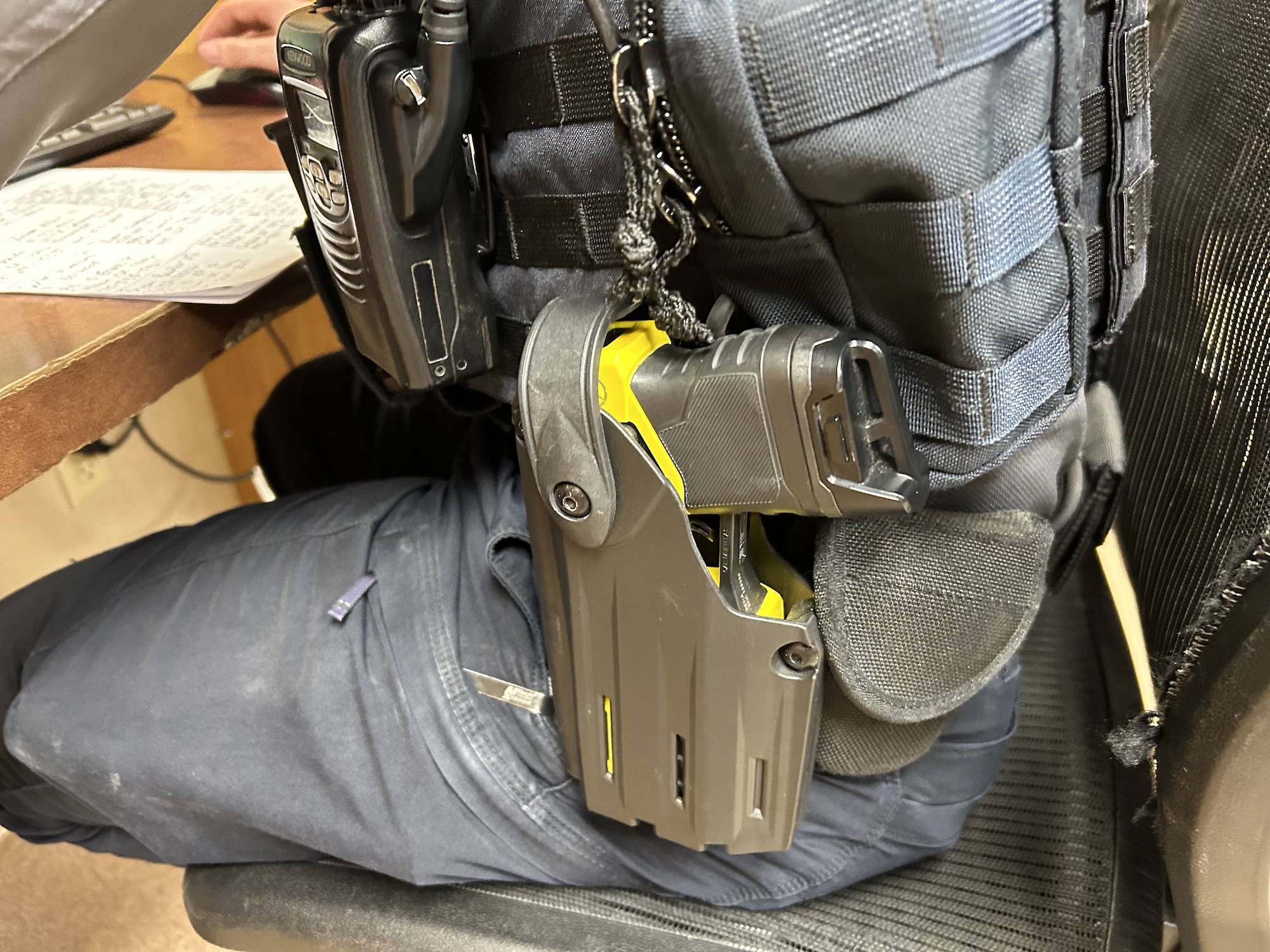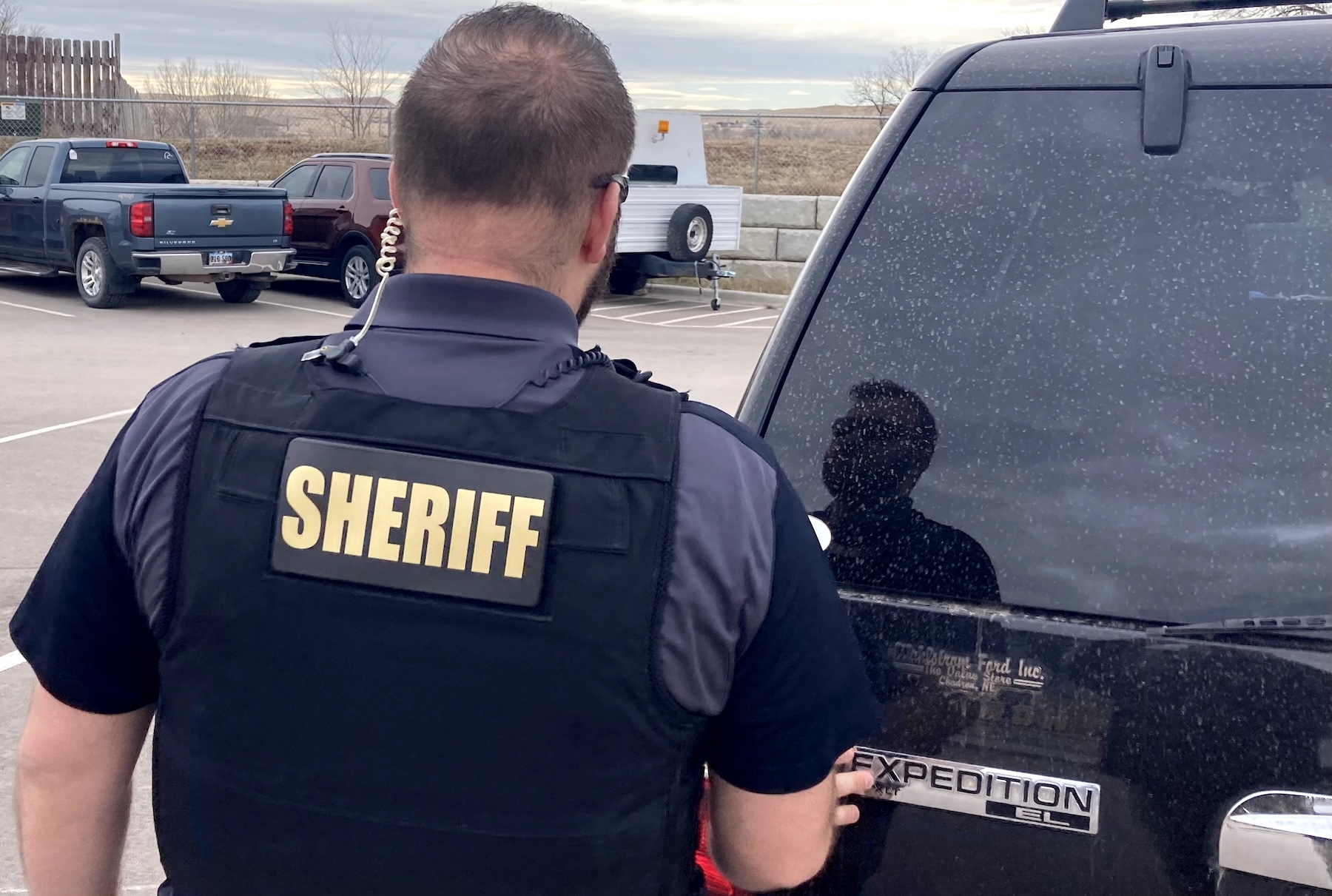
street-level-cop-800
I was asked if I had some “simple rules” for success as a sergeant; dealing with issues other than training, tactics or administrative stuff. Many years ago, after reading Benjamin Franklin’s personal rules, I came up with sets of “Always” and “Never” statements, kept them close at hand, and tried my best to live by them. Here are five selections from each, all tried and proven. Just one note of caution: Once you start acting on these rules, to stop is to sink, and to discriminate is to destroy your own program.
ALWAYS BE THERE KNOW TAKE ACTION
ALWAYS be there when an officer returns to duty after a suspension. If you can’t be there, leave a note to be hand-delivered by another ranking officer. Welcome them back. Let them know their penance is served and over — that you and their squad mates need and rely on him. Don’t let him build a wall over the affair and steep in bitterness. The usual response is guarded avoidance on both sides, and that sucks, with negative fallout for both of you.
ALWAYS know who your military veterans are and the nature of their service. On Veterans Day, thank them for their service, because otherwise the day may pass without another single living soul doing so.
ALWAYS stand behind an officer going through divorce. Do not allow it as an excuse for misconduct, but understand — and tell them — that even the seemingly smoothest of divorces carries a load of stress, frustration and feelings of failure. If they need time off, give it to them. Sometimes, if your officer is the one whose actions caused the divorce, they’ll pour out to you what a stupid asshole they’ve been. Empathy without sympathy is in order.
Remind them they don’t exactly belong to an exclusive club, that learning from mistakes builds stronger character than never making mistakes.
ALWAYS take action on births, deaths, marriages and moves to new homes within your squad. Send a card if nothing else, make it personal, sent to their home address, not through interoffice mail. Don’t intrude, but let them know you care about significant events in their lives. Especially when an officer is moving from an apartment to a house, send a housewarming gift. Several times I priced better-quality doormats and sent a gift card for the cost of a nice one with a note saying their new home deserved a new welcome mat, with my wishes the place would be a safe and peaceful haven for them. Try it.
ALWAYS make a sweep of the station and grounds before leaving after shift. If you find one or more of your cops laboring late over a complex report or other problem, offer your help. Ninety-nine percent of the time they will demur, but be thankful you offered. When this happens, say, “The Rice Bowl and Burger King are a couple minutes away. Can I pick up something for you and bring it back?” One time in ten, they’ll take you up on it. Deliver, and tell em it’s on the house.
ALWAYS be especially watchful for officers who have clocked out but are sitting like stones in their cars; maybe wiping their eyes as you approach. Put on your father-confessor-mentor hat and sergeant-UP.
NEVER FORGET GOSSIP BE RUDE
NEVER appear less groomed, pressed and polished than the neatest of your officers. If you have one who constantly displays extremely high standards, be thankful for that — and do as well or better yourself. Kid them about it in front of others, like, “Wilson, you really put the pressure on me, you know that? You’re costing me a ton of money in dry cleaning and shoe polish! Good for you; I appreciate it.”
NEVER let an officer’s service anniversary go by without taking personal notice of it — especially if it’s one that earns them another star on their nameplate or a sleeve service stripe. Do it at lineup if possible, handing out that nameplate or stripe. If it’s for five or ten years, say, “Congratulations! Any time now we expect you to start earning your pay!” — and be sure they know you’re kidding. If it’s for 20 or 25, tell them “Hey! You’re halfway to retirement now! Well, it’ll feel that way, anyway …” Smile when you say it.
NEVER write an annual evaluation, which you don’t follow up with a personal note, especially if you’ve had to make some harsh judgments. You might say something like, “Your eval isn’t all hearts and flowers, and it shouldn’t be. Evaluations must be entirely objective and focused on needed improvements as well as accomplishments. What an eval cannot adequately describe is my subjective and personal belief in you and your potential. I hope we’ll be working together in the future, because I really want to see what you can become, how far you can go with your skills and determination. I’m committed to helping you however I can.”
NEVER talk about your personal problems — marital, financial or professional — with your officers. Some say this “sharing” makes a super-visor “more human.” That’s bullshit. Instead, go for “more exemplary; more professional.” If you don’t want your officers spending time on duty whining and sniveling about personal matters, except in confidence, briefly, with you, then don’t allow it of yourself.
NEVER confuse “courtesy” with civility, or “politeness” with professionalism. Neither you nor your troops should be required to “sir” and “ma’am” and act obeisant toward scumbags showering you with obscenity. In my experience, all this does is set the stage for outbursts of rage when a good cop just can’t take that crap anymore. Instead, insist on officers being “civil and business-like”; that is, even in tone and manner, addressing adult assholes by their last names and never, ever giving them the satisfaction of goading you into a foul-mouthed frenzy or use of inappropriate force. This confuses and be- fuddles both crooks and CSCs — “Canker-Sore Citizens” — which makes the effort well worthwhile, and even entertaining!














